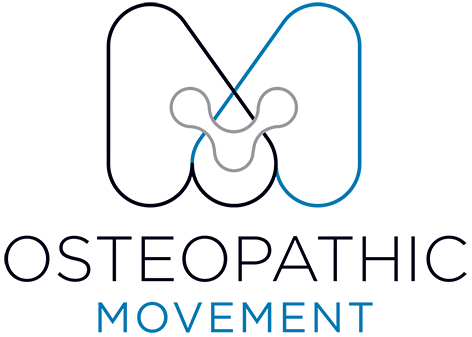The Importance of Sleep
Sleep.
We all need it. Some people have no trouble getting to sleep or staying asleep. For others it’s a source of great distress. We all know sleep is important for our health, but not many people know how important or in what way.
As Osteopath’s it is not simply our job to manage your musculoskeletal pain through manual therapy. It is our responsibility to look at your body and your life as a whole. Encompassing your diet, exercise routines, work, mental health and sleep routines. All of these factors will contribute to your overall sense of wellbeing. Not only this, it will greatly effect your pain perception and is paramount in the prevention and management of chronic pain.
That being said, if someone were to offer you a brand new treatment to help you live longer, enhance your memory, allow you to focus for longer, improve creativity, look more attractive to others, keep you slim or improve muscle recovery and growth, manage your hunger levels along with preventing cancer, alzheimers disease, heart attacks and strokes plus warding off infection whilst also boosting your mood, decreasing your chances of developing depression and fighting anxiety, would you go for it?
Would you even believe it?
Sufficient sleep enhances all of the physiologic processes in your body and brain which achieve the aforementioned.
Just one week of poor sleep can lead to a decrease in immune function and you can demonstrate pre-diabetic blood sugar levels. Prolonged poor sleep doubles your risk of cancer, alzheimers disease, heart disease and stroke. It also increases your risk for depression, anxiety and suicide.
In terms of your weight loss goals - a lack of sleep will lead to hormonal imbalances which increase hunger and decrease food satisfaction. It also means the kilograms you shed whilst on a diet is more likely to be muscle mass rather than fat.
Every organ/process in the brain is enhanced by sleep and detrimentally affected by lack of sleep. If you take time and make the effort to take care of what you eat and your exercise you must take care of your sleep. Physical and mental impairments of insufficient sleep dwarf the effects of inadequate nutrition or exercise .
So how much sleep do you need?
You require roughly 8 hours sleep per night. Consistency is the key. Your “Sleep Debt” can not be paid off by sleeping in on the weekend or when you’re on holidays. Unfortunately, it just doesn’t work that way.
Below I have compiled a list of 12 tips for healthy sleep. Abide by these and give yourself the best chance of getting the best nights sleep possible and reaping benefits of wellbeing in the short term and increasing your health span over time.
Stick to a consistent sleep schedule - Sleep and wake same time every day. All for 8.5 hours time in bed to ensure you can reach roughly 8 hours total sleep.
Exercise 30 mins per day but not within 2-3 hours of bed.
Avoid caffeine and nicotine. Especially after midday as these are stimulants and can effect your ability to fall asleep or in the case of nicotine, stay asleep.
Avoid alcoholic drinks before bed. These may help you fall asleep, but robs you of important REM sleep.
Avoid large meals and fluids before bed. This can lead to indigestion and waking to urinate.
Avoid Medicines that delay or disrupt sleep. Consult your pharmacist if you’re taking any medication.
Don’t nap after 3pm as it makes it more difficult to fall asleep at night.
Relax before bed. You need some unwind time. Reading/listening to music or using a foam roller/massage ball and stretching works wonders.
Take a hot bath before bed. The subsequent drop in body temperature afterwards helps induce sleepiness.
Try to have a dark, cool. gadget free bedroom. This provides the best environment for healthy sleep.
Sunlight/daylight exposure. Get outside at least 30 mins per day.
Don’t lie in bed awake for longer than 20 minutes. Get up and do a relaxing activity until sleepy. Again, foam rolling/self massage or even meditation is best.
Lastly, if you’re interested in tracking your sleep in order to determine whether you are getting enough sleep and whether that sleep is composed of enough “Deep Sleep” and “REM sleep” I would recommend the Oura Ring. It is the least invasive, accurate sleep tracker on the market and can serve everyone, from people with a general interest in their sleep to those data hungry nerds, like myself that love metrics for evaluation and improvement.
If poor sleep or waking with pain and stiffness is affecting your daily life, our experienced South Yarra osteopaths at Osteopathic Movement can help. We assess posture, muscle tension and contributing stress factors that may be disturbing your sleep. Book an appointment online or contact us to improve your comfort and sleep quality.
Happy dreaming!
Written By Dr. Dayne Sweres (B.AppSci(CompMed), M.Osteo)
